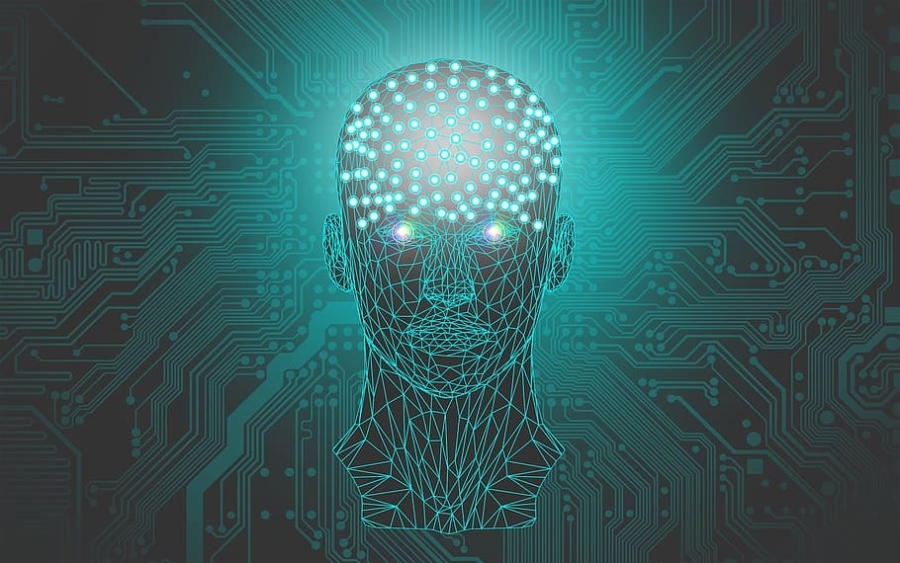The State of AI in Healthcare: Trends and Opportunities
As technology continues to advance, the healthcare industry is seeing an increased use of artificial intelligence (AI). AI has the potential to revolutionize the way healthcare is delivered, from improving patient outcomes to streamlining processes for healthcare providers. In this article, we will explore the current state of AI in healthcare, the trends driving its growth, and the opportunities it presents for patients and healthcare providers alike.
Current State of AI in Healthcare:
AI is already being used in healthcare in various ways, from analyzing medical images to predicting patient outcomes. Some of the most common applications of AI in healthcare include:
-
Diagnostics: AI algorithms can be used to analyze medical images, such as X-rays and CT scans, to identify potential health issues.
-
Predictive Analytics: AI can be used to analyze patient data to predict potential health issues before they occur.
-
Virtual Health Assistants: AI-powered chatbots and virtual assistants can be used to help patients manage their health and provide them with personalized recommendations.
Trends Driving AI in Healthcare:
Several trends are driving the growth of AI in healthcare, including:
-
Increasing Availability of Healthcare Data: With the increasing digitization of healthcare records, there is an abundance of data available for AI algorithms to analyze.
-
Rising Healthcare Costs: Healthcare providers are looking for ways to reduce costs while still providing high-quality care, and AI can help by streamlining processes and reducing errors.
-
Aging Population: With the world's population aging, there is a growing demand for healthcare services, and AI can help healthcare providers meet this demand by improving efficiency.
Opportunities Presented by AI in Healthcare:
The use of AI in healthcare presents numerous opportunities, including:
-
Improved Diagnosis: AI can help healthcare providers make more accurate and timely diagnoses, which can lead to better patient outcomes.
-
Personalized Medicine: AI can be used to analyze patient data and develop personalized treatment plans based on individual needs.
-
Increased Efficiency: AI can help healthcare providers streamline processes, reduce errors, and improve efficiency, which can result in cost savings for both providers and patients.










Comments (0)